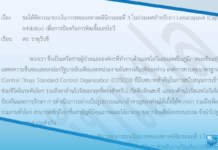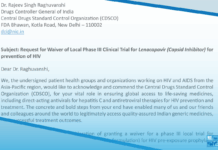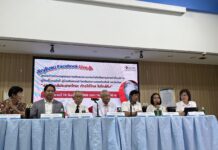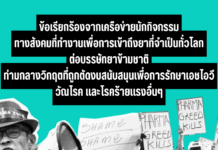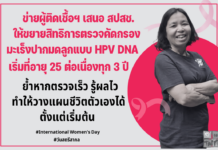In recent years, the US has been pursuing bilateral FTA with countries in an attempt to enforce protectionist measures up and beyond what is required by the WTO. The US and Thailand began negotiations on a bilateral free trade agreement (FTA) in June 2004. To date there have been 6 rounds of talks held; 2 rounds in Thailand and 4 in the US. Although the talks are shrouded in secrecy it is expected that the proposed agreement will cover investment, the service industry, agriculture and intellectual property rights in keeping with bilateral agreements the US has signed to date.
TNP+ has been instrumental in disseminating information about the implications for Thailand in signing a Free Trade Agreement with the USA and is concerned that a Thai- US FTA will strengthen existing patents on medicines, leading to an increase in the price of drugs. This is particularly pertinent for a country with a large PLHA population and could jeopardise the government’s ability to provide universal coverage of ARV in the national health care system.
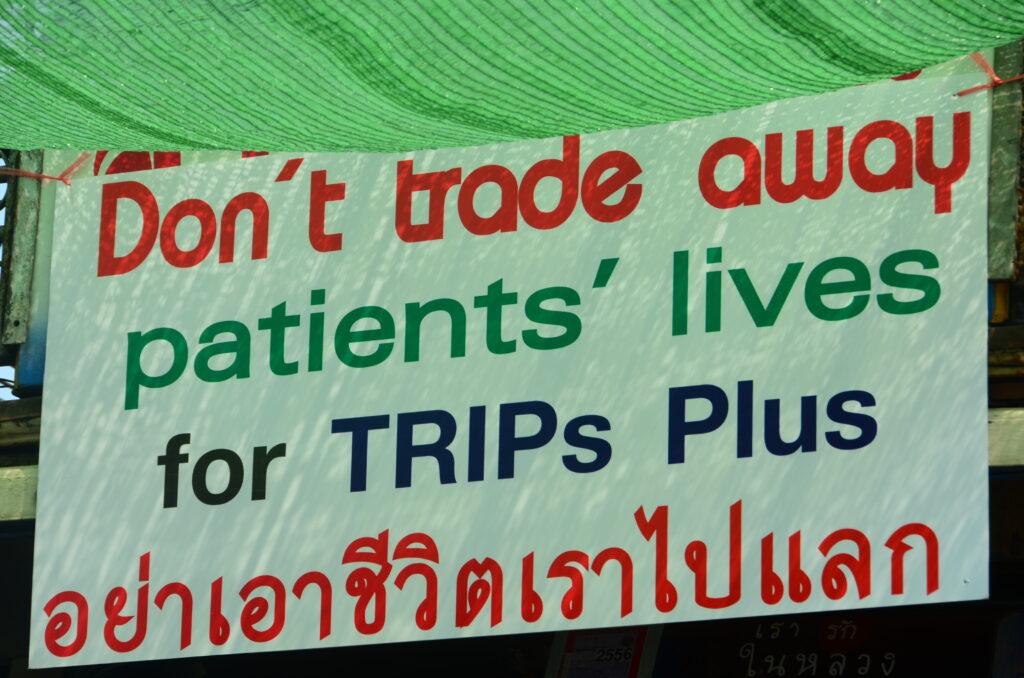
A US FTA threatens to:
- extend the patent life of a drug to accommodate for ‘unreasonable’ delays in the granting of a patent
- allow the patenting of therapeutic and diagnostic procedures
- extend the responsibilities of the FDA to include a role as patent watchdog
- enforce a data exclusivity period of 5 years
- restrict the grounds for CL and parallel imports
- prohibit revocation of patents
- enforce accession to patent co-operation treaties
The right to produce patented drugs will be restricted and it is feared that local pharmaceutical companies currently producing generic ARV medication and the Government Pharmaceutical Organization of Thailand (GPO) will be unable to turn a profit in manufacturing generic drugs or will be unable to afford to produce them.
TNP+ is also concerned about the lack of democratic process involved in the potential signing of the Thai-US FTA. Unlike in the US, Thailand does not require the FTA to pass through any parliamentary process before being signed denying any civil society input or scrutiny. In addition, talks and the FTA text are all in English creating a distinct advantage for the US and a power imbalance in negotiations. TNP+ has staged numerous protests during each round of negotiations with the US. TNP+ is joined in these protests by other NGOs, activists and other groups unduly affected by the FTA such as farmers and workers from the agricultural sector. TNP+ also hopes to forge alliances with PLHA in those countries also facing US FTA such as Malaysia and Korea. TNP+ has ensured that their PLHA members are well informed of the situation and are closely monitoring the FTA process.



